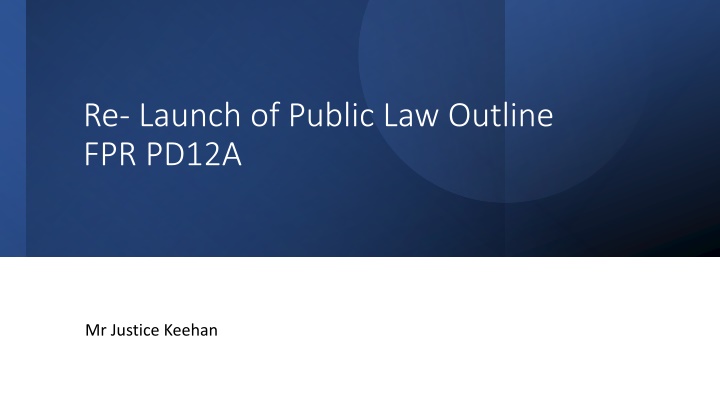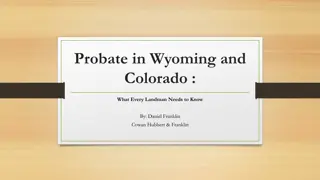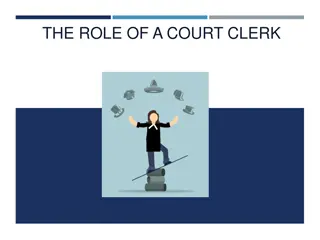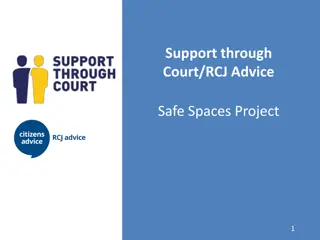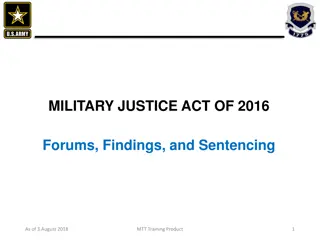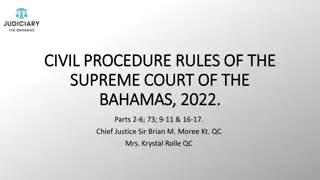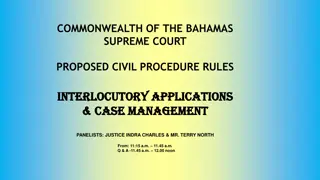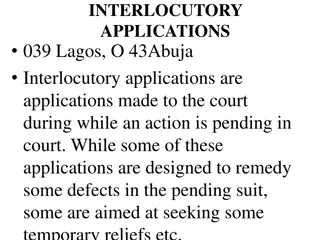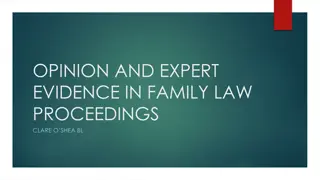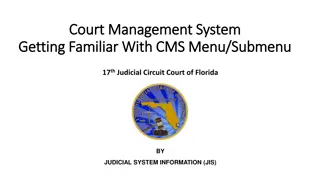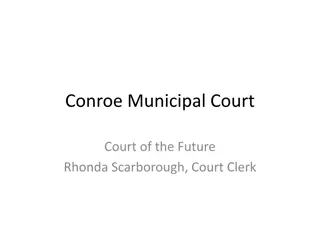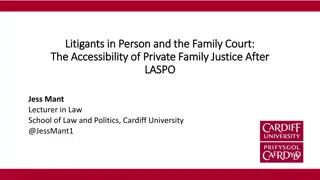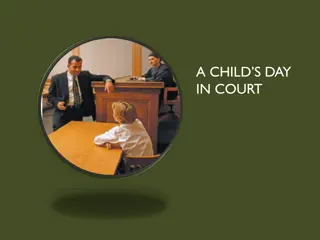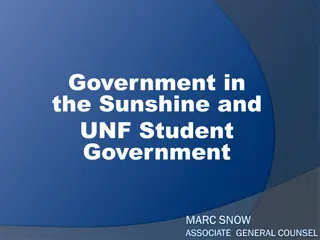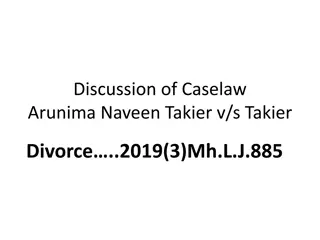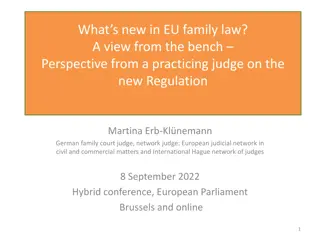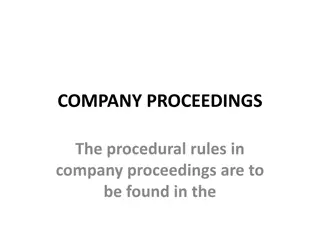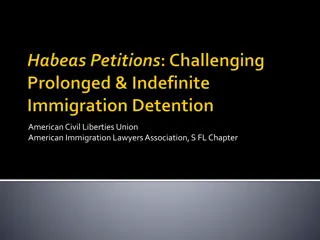Best Practices for Public Law Outline in Family Court Proceedings
Follow the Public Law Working Group's guidance for working with families prior to court proceedings. Adhere to timelines, address urgent matters properly, and ensure compliance with court orders to maintain effective case management.
Download Presentation

Please find below an Image/Link to download the presentation.
The content on the website is provided AS IS for your information and personal use only. It may not be sold, licensed, or shared on other websites without obtaining consent from the author.If you encounter any issues during the download, it is possible that the publisher has removed the file from their server.
You are allowed to download the files provided on this website for personal or commercial use, subject to the condition that they are used lawfully. All files are the property of their respective owners.
The content on the website is provided AS IS for your information and personal use only. It may not be sold, licensed, or shared on other websites without obtaining consent from the author.
E N D
Presentation Transcript
Re- Launch of Public Law Outline FPR PD12A Mr Justice Keehan
1. The Public Law Working Group s Final Report on Best Practice Guidance in respect of Support for and Work with Families Prior to Court Proceedings should be followed. If there is positive engagement in the pre-proceedings support & assessment phase this may appropriately result in local authorities deferring/delaying the commencement of care proceedings. 2. Pre-proceedings assessments are to stand and not to be repeated in care proceedings unless necessary and cogent reasons in support. 3. Timelines in the Public Law Outline to be adhered to so Case Management Hearing (CMH) not before day 12 and before day 18.
4. Urgent applications prior to CMH (i.e. Interim Care Order (ICO) for removal) to be made ONLY in genuinely urgent cases and to be supported by cogent reasons for the urgency. It is for the court to determine whether the matter is urgent and should be listed urgently. The matter should be listed with the clear expectation that it WILL be dealt with at that hearing. 5. Urgent hearings must NOT delay the CMH. 6. The gatekeeping order MUST be complied with, including, for example, the parents responses to threshold to be filed and served so that their case is understood in advance of the CMH.
7. Any further or updating assessments of parents must set out (i) why they are required, (ii) what is the focus of the assessment, (iii) what is the timeline and (iv) what is expected of the parents. 8. Part 25 applications must be filed and served in advance of the CMH. The court should apply the test of necessity for the appointment of an expert stringently. 9. Every hearing must be effective and be the subject of ROBUST case management.
10. In all but the most complex cases, at the CMH the court will expect to case manage the matter through to the Issues Resolution Hearing (IRH) and to list the IRH. Only in exceptional circumstances should a Final Hearing be listed at CMH or prior to the IRH. The expectation is that the case will be resolved at the IRH. 11. Split hearings, including fact finding hearings, cause unacceptable delay. They should be reserved for truly single issue cases, or where welfare planning cannot be concluded without a determination of the core disputed facts. 12. Only list a Further Case Management Hearing (FCMH) if necessary and FCMHs should be considered exceptional.
13. Non-compliance with orders MUST be notified immediately to the court by any party (a) once it is clear a party or third-party agency will not be able to comply with a direction, or (b) a party or third-party agency has failed to comply with a direction. 14. Upon notification of non-compliance, an urgent hearing will be listed to rectify the non- compliance and to ensure the case is kept on track. 15. Parents and carers must be given a clear date by which they MUST identify ANY potential alternate carers and be informed that any alternate carers put forward after this date are most unlikely to be assessed because of the resulting harmful delay in planning for the child s future care.
16. ROBUST case management of the IRH can avoid stress & delay for children & parents. Rarely should the court simply accept that the case is said to be contested. Waiting for a contested Final Hearing (FH) is NOT welfare neutral for the child. The parties should expect the court to give firm judicial indications (with the usual caveats). 17. Narrow disputed issues (e.g. frequency of contact) should usually be fairly and proportionately dealt with on submissions at the IRH. 18. If a FH is required then: (i) the contested issues must be clearly identified, (ii) the witnesses required to determine the issues must be identified, (iii) a fully completed witness template must be agreed prior to the conclusion of the IRH and, (iv) the time estimate for the FH must be proportionate to the issues in dispute and include time for judgment preparation. Permission is required to call an expert witnesses. The need to call an expert should be challenged as to why it is necessary & proportionate.
19. The principal aims are to have no more than 2 or 3 hearings per care proceedings and to conclude the proceedings (where it can be done justly) within 26 weeks. 20. DFJs should seek to agree timelines for the assessment of parents in proceedings and for the viability & full assessments of alternate carers.
Useful documents: The original Public Law Outline: PRACTICE DIRECTION 12A - CARE, SUPERVISION AND OTHER PART 4 PROCEEDINGS: GUIDE TO CASE MANAGEMENT (justice.gov.uk) A view from the President s Chamber s (November 2022): A View from The President s Chambers: November 2022 - Courts and Tribunals Judiciary
